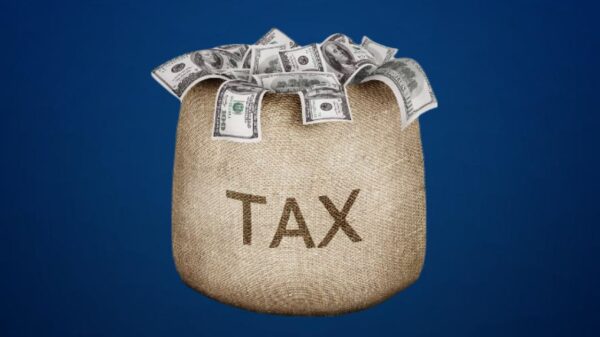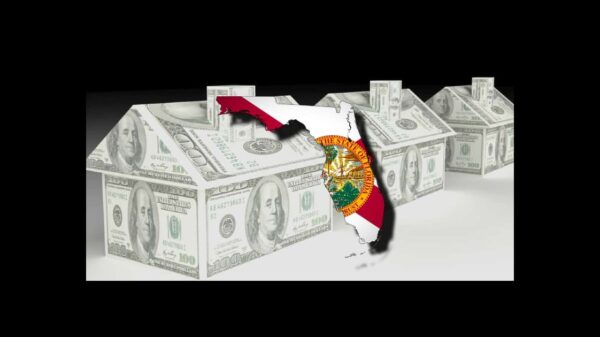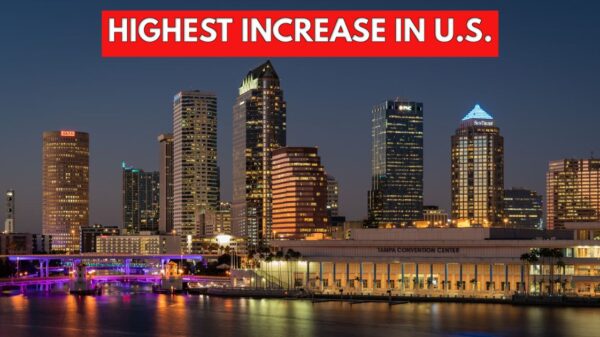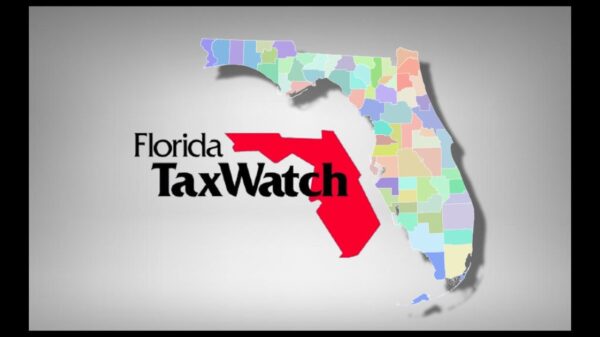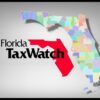The Florida State House has formed The House Select Committee on Property Taxes.The plan is to give voters plenty of time to hear both sides throughout the summer, allowing ideas to take shape before the next legislative session.
Some of those may include putting forth measures on the 2026 state ballot that could abolish local property taxes in the state.
Other items being floated are requiring cities and counties to vote on whether to eliminate homestead property taxes, introducing new or increased homestead exemptions, giving lawmakers the authority to raise those exemptions without a voter referendum, capping property tax assessments, and banning foreclosures on properties unable to pay taxes.
During these meetings GOP lawmakers will find supporters and opponents on the property tax issue.
Supporters: homeowners who haven’t taken a break from the high cost of rising property values and property insurance rates.
Opponents: Florida League of Cities, which represent local city governments, Florida league of Counties, School Boards associations, Fire and Police Unions, just to name a few.
At these meetings, expect to see the opponents of cutting or eliminating property taxes give excuses of how will “essential services like schools, fire and police, roads and parks will be funded?”
Is the move to give property owners relief reality or just rhetoric?
In a recent op-ed (https://reasonablearguments.
The first requires nothing more than sharpening the budget pen. The single largest line item on most Florida property tax bills is the Required Local Effort (RLE), the state mandated tax that each school district levies to support K-12 operational funding. The RLE represents about 46% of current K-12 funding, with a statewide levy of $10.3 billion. When you consider that state funding sources already cover 100% of PreK and collegiate operational funding, you start to ask why is Florida using a local property tax to fund our statewide K-12 obligation?
One could envision a phase-out approach, wherein the RLE is reduced by $1 billion each year over ten years, until it is eliminated. The total state budget is current $116.5 billion, so we are talking about finding less than 1% of state revenue each year to make this a reality. Eliminating the RLE alone would result in a 30% reduction in most property tax bills! This is an easy target, ripe for the picking immediately.
Caldwell notes the next best target is the homestead exemption.
“The original exemption was adopted in 1934 and covered $5,000 of property value when the average home price was about $4,500. Today’s $50,000 exemption doesn’t even compare. Just for adjusting for pure inflation that $5,000 should be $120,000 now,’ said Caldwell.
Caldwell supports the idea of moving the base homestead exemption to at least $125,000 and then authorizing the Legislature to increase that amount by general law in the future to make up for inflation.
“There are many more ideas being bandied about, such as tax swaps and specialty exemptions for seniors, the disabled, and veterans. All of these ideas have their merits. But in my experience, the simpler is better. Cut existing taxes that can be cut. Fix the value of the current exemptions. And restructure local government to be more accountable. These are not radical proposals, but they would make enormous strides in helping us all enjoy the benefits of home ownership in the Free State of Florida,” says Caldwell.













